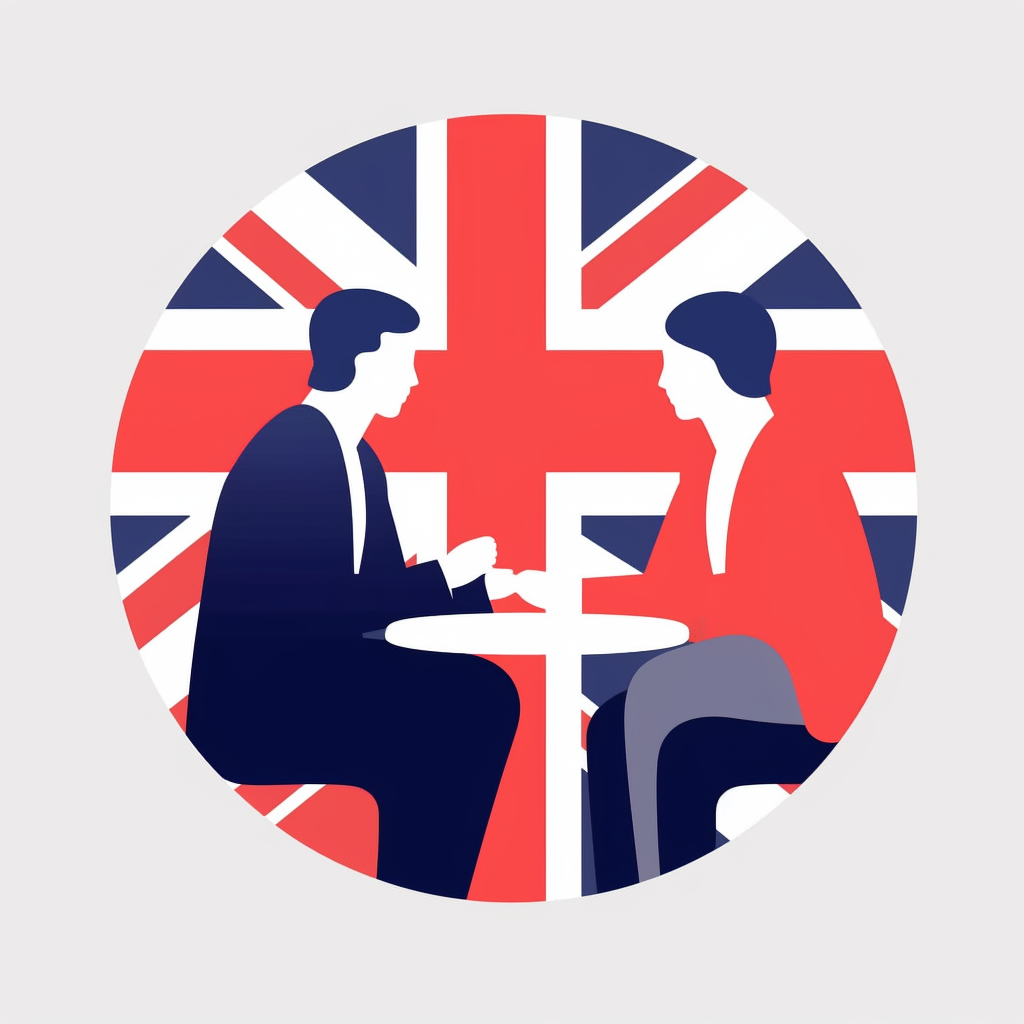alex [they/them]
- 7 Posts
- 6 Comments
 2·1 year ago
2·1 year agoPour l’instant je suis :
- Owi Owi Fouette-moi mais j’ai encore testé aucune de ses recettes, elles ont juste l’air très bonnes
- Les comptes Mastodon de deux-trois potes qui partagent leurs recettes perso de temps en temps
Et sinon je cherche sur 750g (en général) quand je sais ce que je veux faire, mais sinon j’ai rien.

 1·1 year ago
1·1 year agoMusic: I have a few CDs that are in need of a CD player and also have Jellyfin (no server, only local) to listen to my downloaded music on my TV (which mostly comes from Bandcamp). For my phone, I have the Bandcamp app, it’s basic but it does what I need from it.
Podcasts: via Podcast Addict on my phone (unfortunately no browser version, but that’s gotten less important with the years as I spend less time on my computer and the time I do spend requires enough focus that I don’t listen to podcasts), during sports sessions (podcast for warmup & cooldown, audiobook for the session itself), commutes, walking, cleaning & cooking.
You should post here: !lemmy_support@lemmy.ml
This is not a technical support community.
(but also i’ve had the same issue since the last lemmy update, i suppose a bug made its way in there.)
Sounds like an issue with Jerboa more than with Lemmy tbh if you can’t properly block a community. Log in to the website and block the community there.
Here are my notes on the video. Formatting may be a bit broken so you can also find it on my website.
Foundational concepts of a library economy
Advantges of a library economy are:
- Less production
- No wasted things in storage
- No point for excess and planned obsolescence
Usufruct
Based on Murray Bookchin’s The Economy of Freedom.
Usufruct is the freedom of individual or groups to access and use (but not destroy) common resources to supply their needs - as opposed to limitation of access based on exclusive ownership.
Imagine this applied to: libraries of decor, libraries of furniture, libraries of tools. You could borrow cushion, designs, paintings, then switch things out; you could borrow a shovel for a weekend or while you need it.
_A note from Alex:
__My hometown has an art library that belongs to the city library network. They have loads of paintings, and you can borrow 3 paintings for 3 months at a time, for free, with the only obligation being that you need your home to be insured.
Bibliothèques de Grenoble
_Irreducible minimum
Guaranteed minimum resources to sustain life, that everyone should have access to regardless of their individual contribution to the community.
Libraries provide free access to knowledge (note from Alex: and fun!), but that’s just one component.
Libraries of consumables (food, drugs, toiletries…) might be difficult to imagine. A library economy needs dispensaries of necessities: a cooking collective, with common farming, could work to provide everyone with enough food.
An emphasis on slow fashion by diverse retailers would ensure clothing that lasts, in the style we like. For this we’d need a vast reorientation of all our priorities.
Complementarity
People must choose themselves how they labour and how they leisure. Nothing should be defined by, or limited to, what they contribute themselves. They should always get satisfaction and joy from what they do.
For the things that no one enjoys, find ways to rotate, gamify or transform these tasks.
Imagining a library economy
Based on 5 laws of library science, first conceived by S.R. Ranganathan in 1931.
- Books are for use: things are meant to be used, not hoarded. Make them accessible: location, hours of operation, comfort & quality of service.
- Every person has their book.
- Every book has its reader. Applied more broadly: develop a collection that’s as broad as possible to serve all needs and wants, no matter how niche, because that’s what creates an abundant life.
- Try to save the time of the user. Libraries require a lot of effort to maintain. We need systems, services, etc. to manage the resources as efficiently as possible.
- A library is a growing organism. A library economy should always be growing and evolving, the project is never complete.
A few common concerns
- Will this system make us dependent on others? We already depend on others.
- How would we provide for everyone? We definitely have the technological capacity to do it, we just don’t distribute it fairly as of now.
- I like owning things, I don’t have to borrow things I use all the time! Nothing says you’re not allowed to own stuff! Keep everything as long as you need, but also, if you really love something and use it enough to justify owning it, get your own!
- What about scarcity? The community should organize to distribute things efficiently: booking times, wait lists…
- Who administers this system? We must all administer it and have a say in the decisions. Popular assemblies will allow for that. We can have a few people full-time for administration etc.
Visualize pockets of library economies that connect with one another and end up spreading worldwide!










Signal >>>>>>>> WhatsApp > texting > Telegram >>>>>>> Messenger.